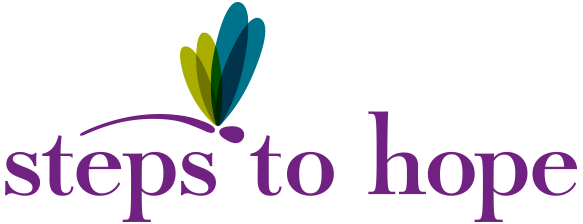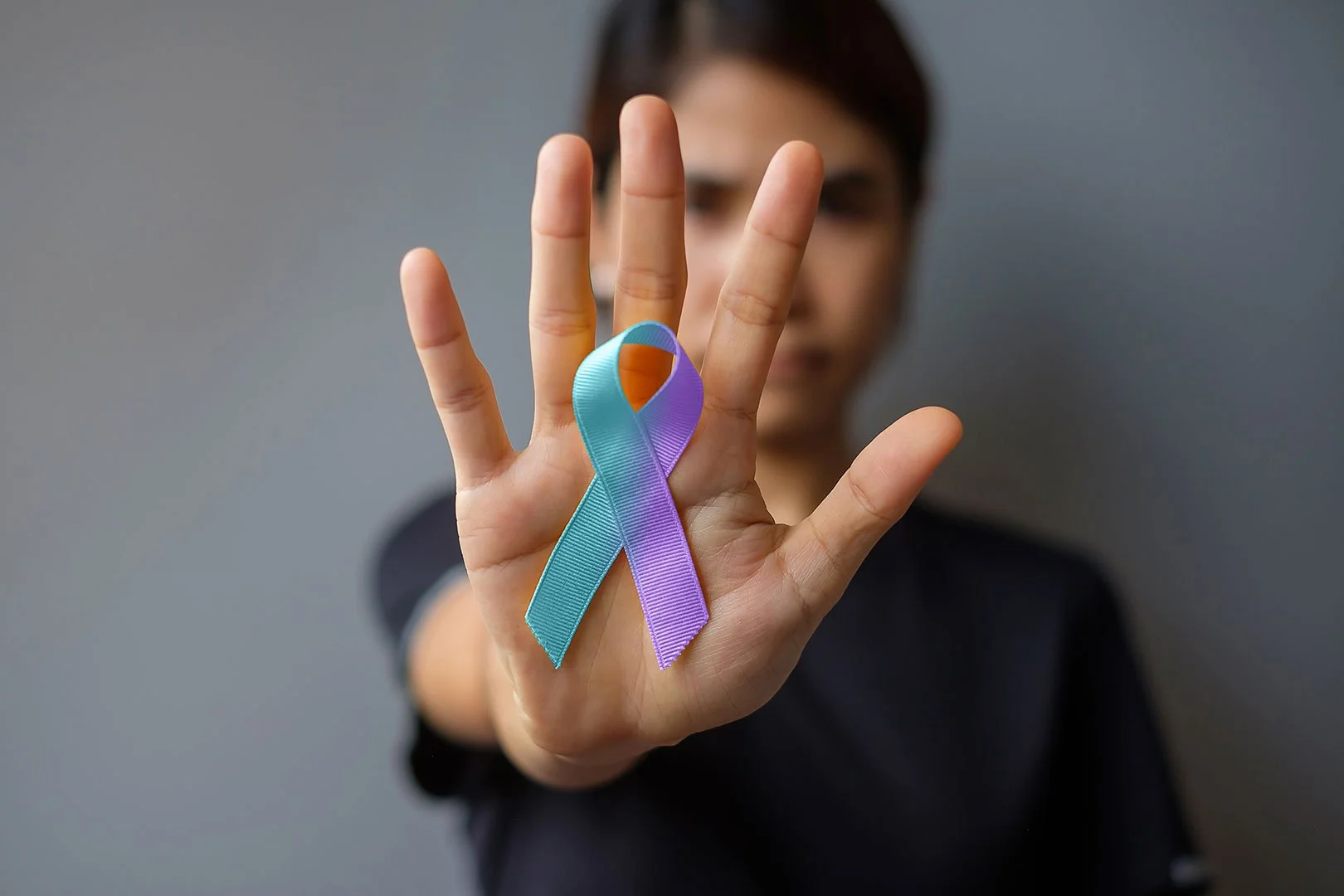Shining a Light on Suicide Awareness Month: How We Can All Make a Difference
Suicide Awareness Month is a time to reflect on the importance of mental health and the impact of suicide on individuals and communities. It serves as a reminder to raise awareness, provide support, and encourage open conversations about mental health challenges. By sharing stories and resources, we can help reduce stigma and promote understanding, ultimately saving lives.
September is Suicide Awareness Month, a time dedicated to shedding light on an often-stigmatized issue that affects countless individuals and families each year. Suicide remains one of the leading causes of death in the United States, yet it is preventable with the right awareness, resources, and support. At Steps to Hope, we are deeply committed to fostering understanding, offering education, and providing life-saving resources to those in need. By coming together as a community during this month, we can help reduce the stigma around mental health struggles and show that there is always hope.
The Importance of Suicide Awareness
Suicide has a devastating impact not only on individuals but also on their families, friends, and communities. According to the Centers for Disease Control and Prevention (CDC), over 45,000 lives are lost to suicide annually in the U.S., making it a significant public health concern. For every individual who dies by suicide, many more struggle with suicidal thoughts, and the effects ripple through entire communities.
Raising awareness is critical to breaking the stigma that surrounds mental health and suicide. When people feel they cannot speak openly about their struggles, they may suffer in silence, missing out on the help they need. Awareness campaigns, like those during Suicide Awareness Month, help normalize conversations about mental health and empower individuals to seek support without fear of judgment.
Steps to Hope plays an essential role in this effort by providing education, resources, and a compassionate network of support. Through workshops, outreach programs, and partnerships, Steps to Hope helps equip communities with the tools they need to address suicide prevention and save lives.
Recognizing Warning Signs
Recognizing the warning signs of suicide is a crucial step in preventing it. Some of the most common indicators include changes in behavior, mood, or communication. Individuals considering suicide might:
Talk about feeling hopeless, being a burden to others, or wanting to die.
Withdraw from friends, family, and activities they once enjoyed.
Exhibit extreme mood swings, increased anxiety, or agitation.
Engage in risky or self-destructive behaviors.
Make plans or give away personal belongings as a sign of preparation.
It’s important to remember that everyone’s experience is unique, and not all signs will be obvious. Steps to Hope offers valuable resources and training programs to help individuals recognize these warning signs and take proactive steps to support those who may be struggling.
How to Support Someone in Crisis
If you suspect someone you know is in crisis, it’s essential to approach the situation with care and compassion. Here are some steps to take:
Start the Conversation: Choose a private and calm setting to talk to the person. Express your concern without judgment by using statements like, I’ve noticed you seem really down lately, and I want to check in with you.
Listen Actively: Allow them to share their feelings and thoughts. Avoid offering unsolicited advice or minimizing their struggles. Just being present and listening can make a huge difference.
Ask Direct Questions: If you’re worried about suicide, don’t be afraid to ask directly, Are you thinking about hurting yourself? Research shows that asking this question does not increase the risk but instead provides an opportunity for open dialogue.
Encourage Professional Help: Let them know that seeking help is a sign of strength, not weakness. Offer to assist them in finding resources or accompanying them to an appointment.
Contact Emergency Services if Needed: If someone is in immediate danger, do not hesitate to call 911 or a suicide prevention hotline.
Steps to Hope is here to help individuals navigate these challenging conversations. We provide resources, crisis intervention support, and connections to professional services to ensure no one has to face these situations alone.
Steps to Hope’s Role in Suicide Awareness Month
During Suicide Awareness Month, Steps to Hope amplifies its efforts to raise awareness, educate the public, and support those in crisis. Our organization offers a variety of initiatives, including:
Community Workshops: Free educational sessions that teach individuals how to identify warning signs and provide support.
Crisis Support Resources: Hotlines, referral services, and online tools to assist individuals and families in finding immediate help.
School Outreach Programs: Programs designed to educate students and staff about mental health, resilience, and suicide prevention strategies.
Social Media Campaigns: Sharing personal stories, facts, and tips to break the stigma around suicide and encourage open conversations.
At Steps to Hope, we believe that everyone has a role to play in suicide prevention. By working together, we can create a culture of empathy, understanding, and support where individuals feel safe to ask for help.
Suicide Awareness Month serves as a powerful reminder of the importance of mental health and the collective responsibility we share to support those who may be struggling. By learning to recognize warning signs, offering support, and encouraging open conversations, we can all help prevent suicide and foster hope for those who feel alone.
Steps to Hope is here to guide and support you every step of the way. Whether you’re seeking resources for yourself or someone else, our programs and initiatives are designed to empower individuals and communities to take meaningful action. Join us this Suicide Awareness Month in spreading awareness, providing hope, and saving lives—because every life matters, and no one should have to face their challenges alone.

